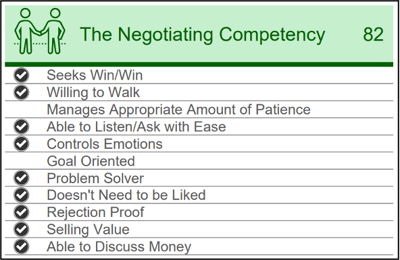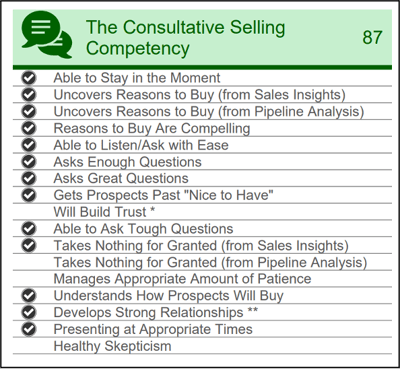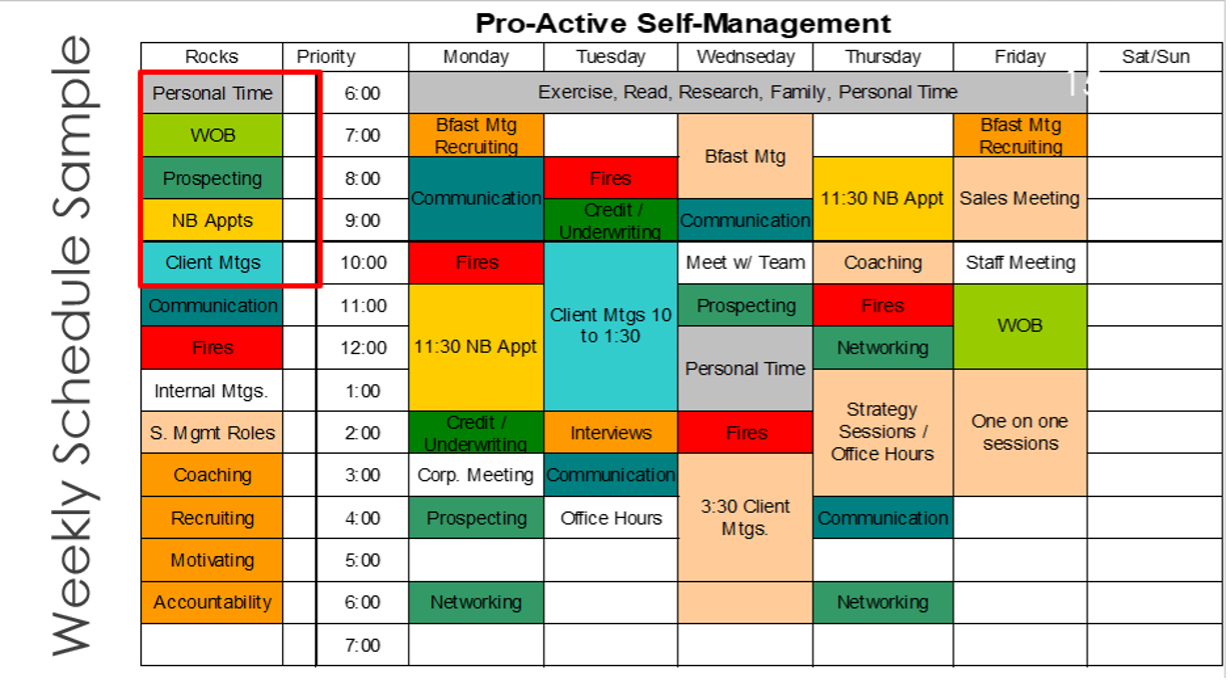Sometimes that means just go do the work! Early on in our business, I established rules for our sales success. One of my rules was No Cold Calling. Even though there is lots of information on effective cold calling, by having that rule, I was forced to get introductions and network with centers of influence. This has worked well over the years and our entire team follows that path. Occasionally, you need to change your approach to maintain your success. Here is one approach I tried and have adopted to set and reach our sales goals.

Lesson 1 - Have a plan, think through the plan, go do the activity.
Recently I grabbed a business card from a prospect that attended a Cincinnati Chamber session that I delivered earlier this year. I decided to just stop by his office, hand the receptionist his card and my card and ask "Is this guy in?" I was going to be in the area so I decided today would be a good day to just drop in.
The receptionist left with my card in hand and then came back out saying, "Rich will be with you in a minute." Rich came out with a big smile on his face, greeted me and said that it was great that I would stop in. I told him that if I didn't have the guts to stop in and see him, then he shouldn't hire me to begin with.
You see, I'm a bulldog when it comes to prospecting. Once I get a sense that there is something we should be talking about, I just keep calling, writing, and in this case, really get outside of my normal box and drop in. I didn't have on a suit or blazer with a tie. My first meeting was very informal; I was clad in blue jeans, cowboy boots and polo shirt. I was, as Seth Godin would put it, a Purple Cow.
Lesson 2 - Be unique. It is what clients are looking for today.
We spent an hour together and I learned a great deal about their business - what is working and not working, how the business has changed and what is keeping them from performing at a higher level. No sales pitch, no sales talk, just asking questions. I asked them questions that went well beyond areas that I specifically could help them with, because I am interested. And the best way to help anyone is to be sincerely engaged in their business and courageous enough to ask sometimes tough and unusual questions.
Lesson 3 - Have courage. What is the worst that could happen?
Rich took me on a tour and we just happened to go by the VP of sales office where he introduced me to Jim. He told Jim about our history, our conversation that morning and that Anthony Cole Training Group had some really "good stuff" for sales and sales management. Additionally, he suggested that we have a meeting to discuss what they do, what they need to do, and how "maybe" we might be of help. Jim said yes.
Lesson 4 - If you ask enough times and be persistent, sooner or later someone will say yes.
Additionally, given the nature of their business - B2B, with lots of dropping in and cold calling - the VP was very impressed that the President of the company would be out on the road dropping in on prospects. What I did not mention before is that I had dropped by six other businesses and the person I wanted to see at each of those firms was not in. I left my card and perhaps, made an impression. In today’s world of virtual touchpoints, you may just find that an in person drop and stop can set you apart. Can you do that virtually somehow? Are you making full use of Zoom and other video devices? Be creative and look for ways to be different and unique. Be a purple cow.
Lesson 5 – Go Back to Lesson 1 and Go Prospect.







